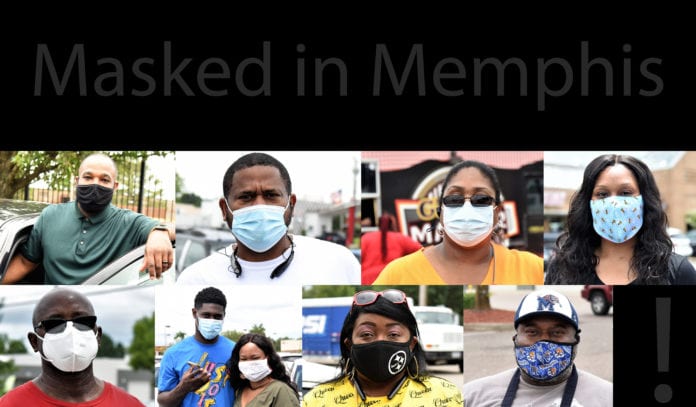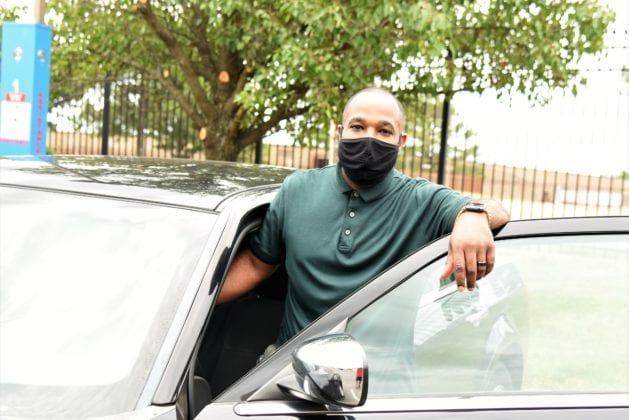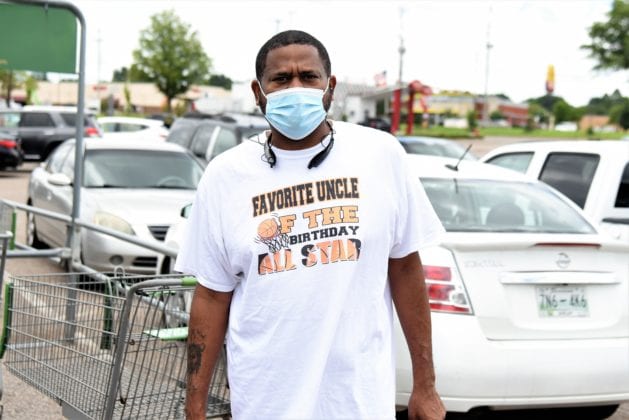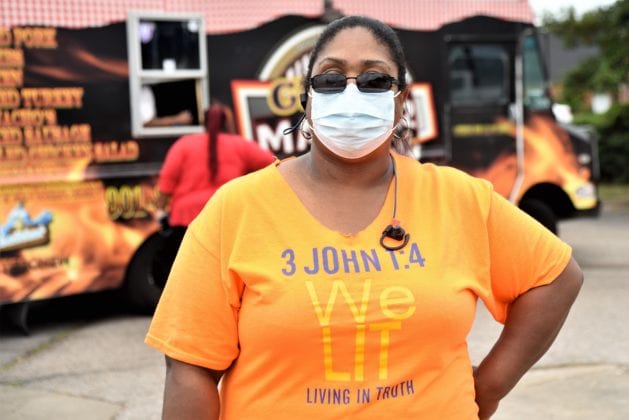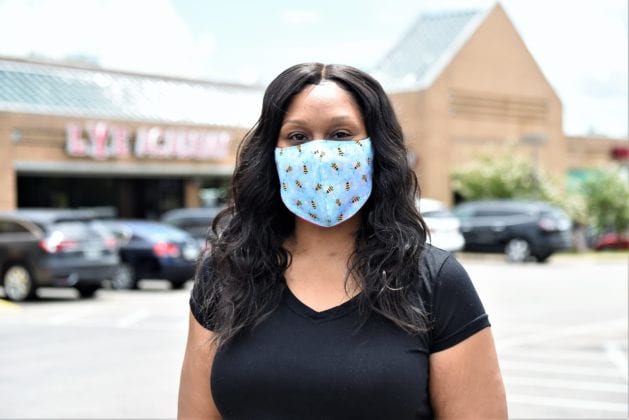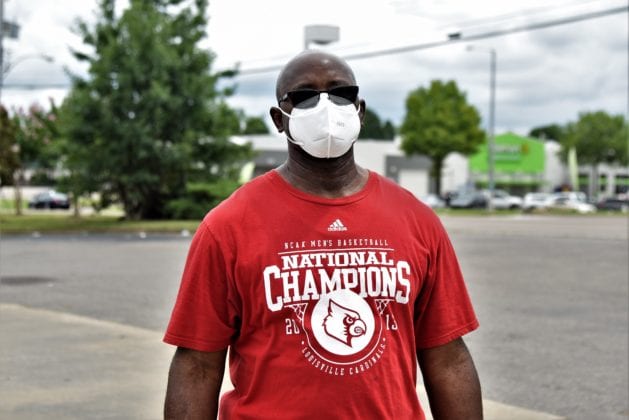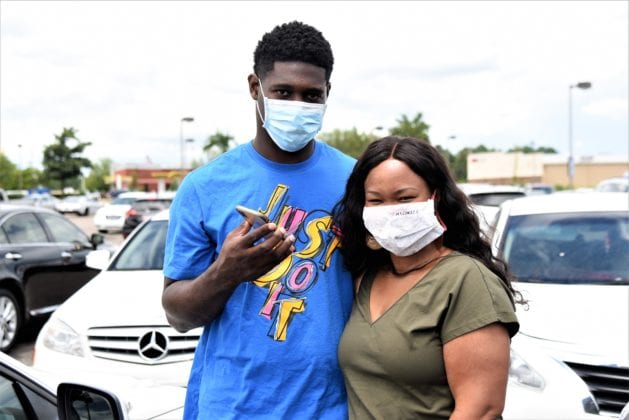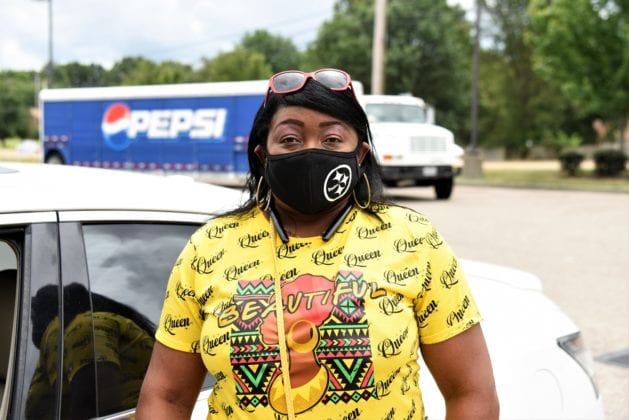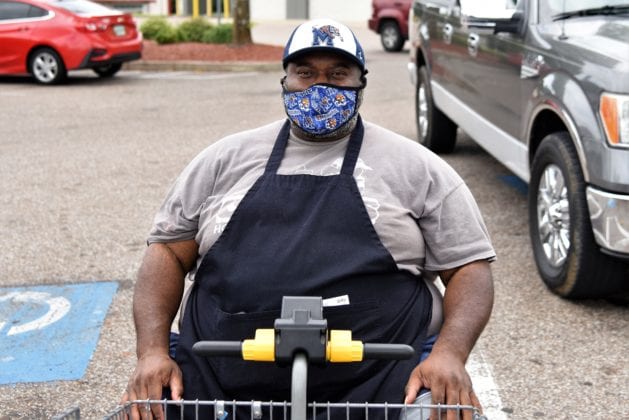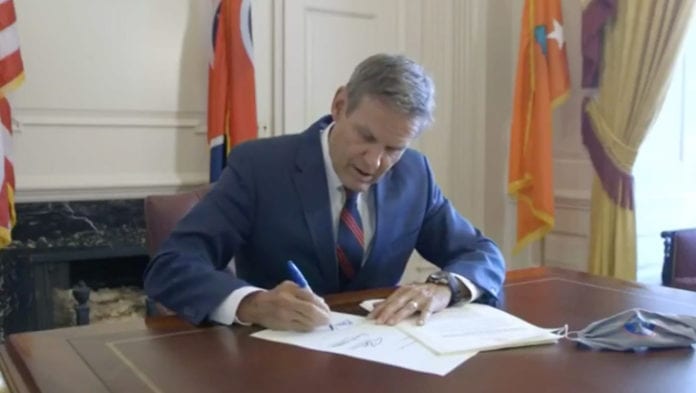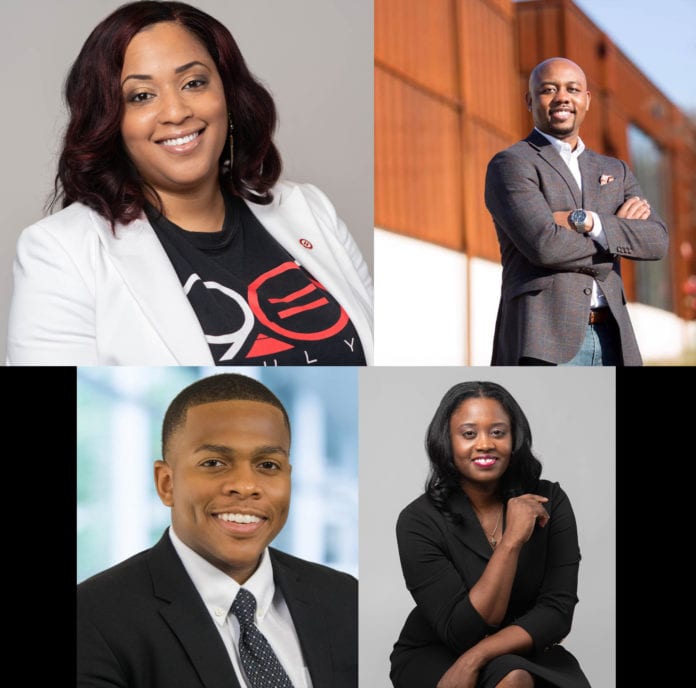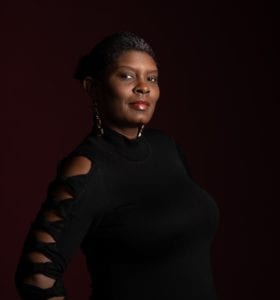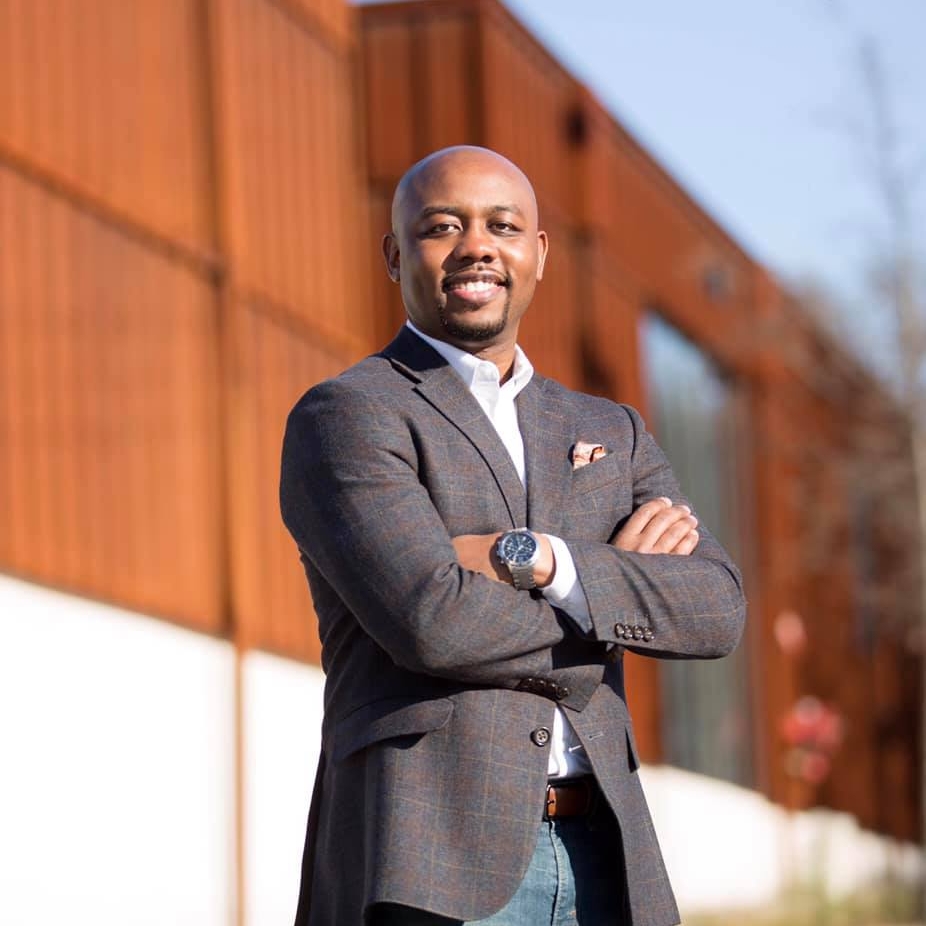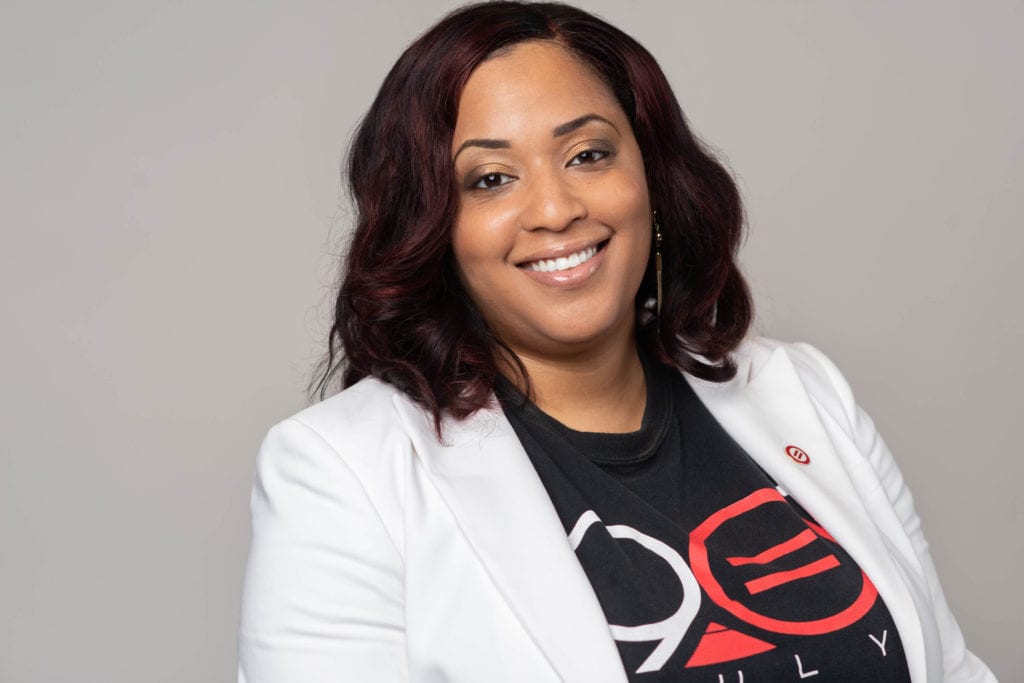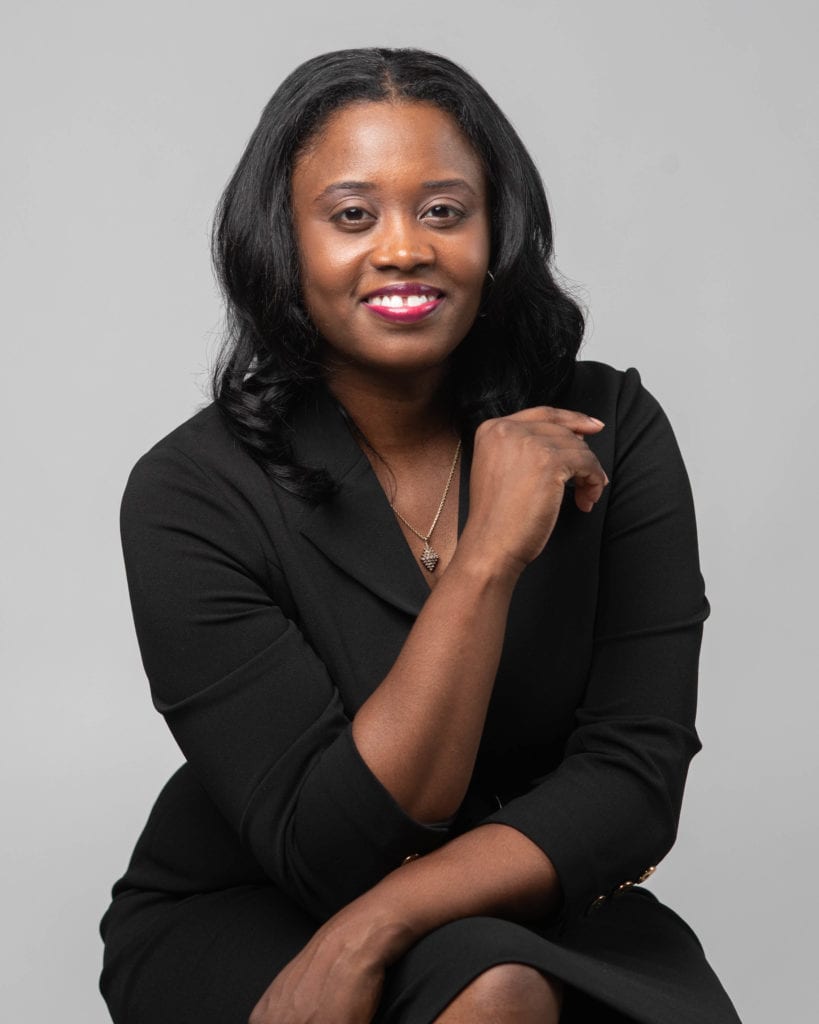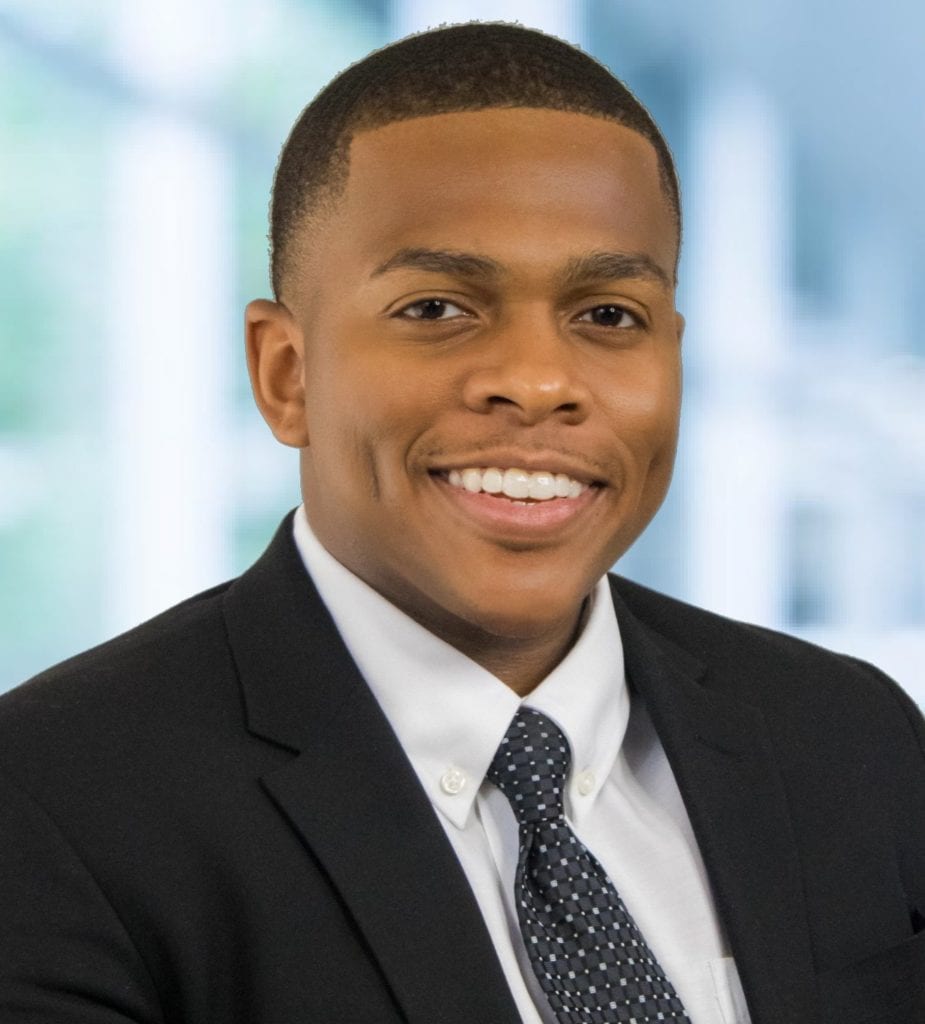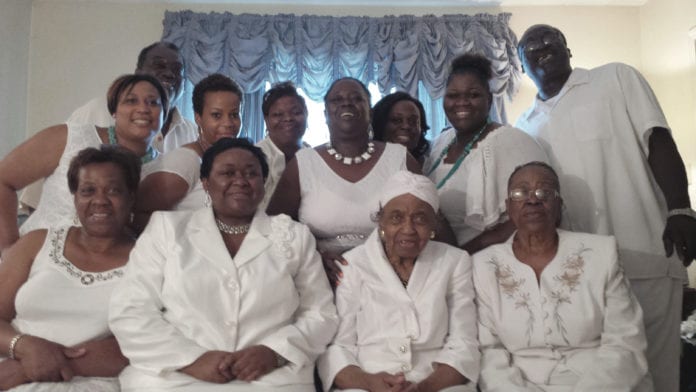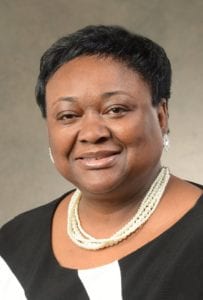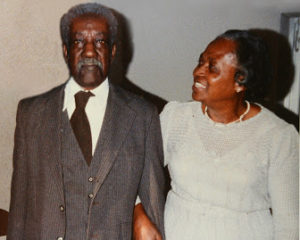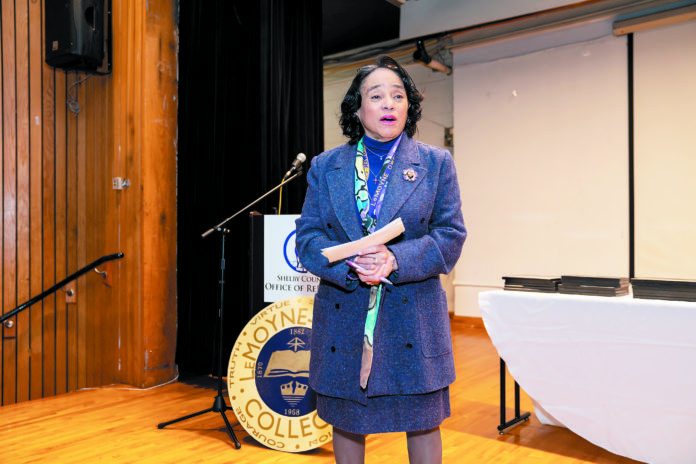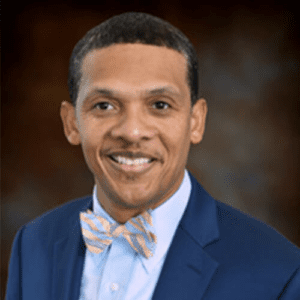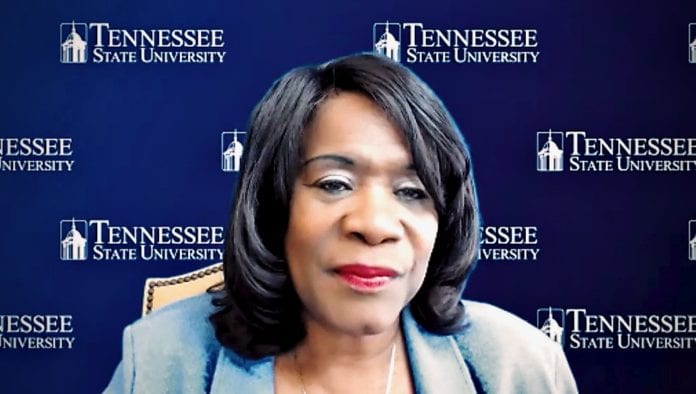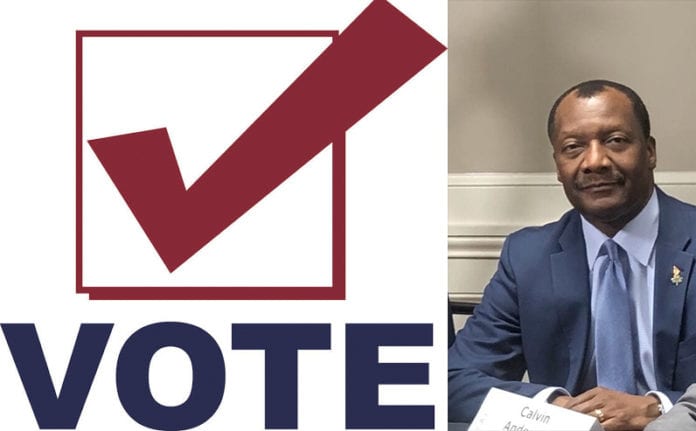A month out from the projected Aug. 17 start of Tennessee State University’s 2020 fall semester, Dr. Glenda Glover was asked if she would open the state’s only public HBCU that day given the COVID-19 status of Metro Nashville-Davidson County.
Her answer – yes – came with amplification.
“Two weeks ago, we made a decision to open up just before the cases spiked,” she said. “We’ve got some guidelines as to how are we going to do it (open for the fall semester). …We’re going to put the protocols in place to make sure the students are safe. We are not going to operate in an unsafe environment.”
For Glover and TSU, go-forward mode includes ongoing review of data, with Aug. 1 the next big checkpoint.
“If we think we have an environment that’s not going to be safe, we’ll put all this off.”
The “this” is a TSU-described “innovative and comprehensive plan,” with all classes online for the first two weeks. Due to COVID-19, there will be both in-person and online instruction throughout the semester, which will end by Thanksgiving.
In a video interview with The New Tri-State Defender, Glover said the plan is being developed in consultation with TSU stakeholders and public health officials. Testing for the coronavirus is key.
“Everybody’s going to get tested when they get here,” she said. “So with all of that in place, we think we’re well on our way.”
Referencing TSU’s governing board and leadership, Glover said, “We’’re not going to ever put the students and the employees in an unsafe environment. Because look, I live on campus too. I’m in this environment with them. …We’re all trying to live.”
Glover’s chief of staff, Dr. Curtis Johnson, experienced Hurricane Katrina and has emergency management expertise that Glover is drawing upon.
If the plan unfolds as projected, the first 14 days of the semester will be governed by a safer-in-place protocol .
“Safer in place means that for your first two weeks you are in place and you’re not to go out of place without permission,” she said. “There are certain rules which constitute being out of place. And … the first two weeks (are) going to be online anyway. … We’ll look at it on a week-by-week basis. If we think it’s not ready to go back out at the end of two weeks, then they won’t; but we do want them to come back to campus.”
At the time of the interview (July 17), elements still to be determined included how often to test for the virus.
The first day – TSU move-in day – of the fall semester traditionally has been ushered in with fanfare. Things will be noticeably different this time, with coronavirus-sensitive schedules set for students to move in.
With TSU historically recruiting heavily in Memphis, Glover, who is from the Bluff City, was presented with this scenario:
“I’m a Memphis parent and I’m sending my child up to Nashville to attend TSU in this environment and they test positive. What happens to them?”
Dr. Glover: Well, since we have not released that yet to the board, I wouldn’t want to say a lot more except to say we will have a safe procedure in place. We have places where we can take students so they can be quarantined for the 14-day period and still be able to get their work done. We’ll have those set up for them to remain in school because, really, it depends on the level of illness….”
The pandemic task force engaged in the planning for the TSU semester includes faculty and student input, as well as those involved in cleaning, which takes on heightened importance amid the pandemic. Class schedules are being adjusted to allow for more time for safety maintenance.
Glover anticipates that the pandemic environment will affect enrollment.
“Right now, we’re so focused on the new students. The first-year students are really excited because they live in a virtual world anyway. … So they don’t seem to be down at all. But we’re concerned about the students who may return…because of the way they had to leave.”
Reflecting, Glover recalled the sudden end to last semester’s on-campus life, with students having to leave on the spur of the moment and adjust to online learning.
“We’re giving students options for this fall. You can be online or you can be on-ground. … So some students are electing to stay home and be online.”
For those who choose online, there will be a 15-percent discount. Glover knows that not all colleges and universities are offering such.
“I’ve been kind of checking that and some of them have just said, ‘No, we’re not going to do that. We’re the same faculty, the same learning cost that we’re going to have if they were sitting here in the classroom.’ So they’re not discounted at all.
“But we thought, in this pandemic, nobody’s functioning at their financial best, anyway. So it’s better to at least show some concern for the students and their families. So we’re discounted by 15 percent, if they take it online, and quite a few students are taking advantage of that.”
Asked about the pandemic’s effect on TSU’s financial status, Glover said, “Nobody has money that’s just to spare, but we’re managing. It’s like when you go through a tough time in your household, you know what you can and cannot do. … We’re on a shoestring budget now and we’ve cut out a lot of costs …”
These days, two questions are put to her most often:
“Are we going to come back on time? And are we going to have a football season?”
While there still are plans for a football season, the annual Southern Heritage Classic in Memphis has been canceled.
“Oh, can you imagine life without Southern Heritage? The Southern Heritage is so important to TSU and to Jackson State and to the City of Memphis because it’s more than just a football game. It’s an economic tool.”
Is the effect of the pandemic felt differently at an HBCU compared to other colleges and universities?
Glover put her answer in the context of history and the peculiar racial challenges African Americans continue to face.
“Now, fast forward to HBCUs. If you’ve been improperly funded, underfunded for all these years, when a catastrophe hits, it’s going to affect us harder. It’s going to have a harder effect on HBCUs because of what you’ve been through back in the years when it was not pleasant to even be talking about HBCU.”
She noted the ongoing support of HBCU advocates, referenced supportive positions taken by the governor’s office and said Tennessee uniquely had moved to secure HBCU participation in aspects of decision-making.
“So, that’s why I’m confident that we’ll all be OK.”
Acknowledging that the semester is set to resume amid the twin pinches of the coronavirus pandemic and the ongoing push for racial equity, Glover said, “It’s the best of times and the worst of times, but for HBCUs, we have a capacity to help, to assist companies. I’ve talked to several companies in my role as HBCU president and in my role as the International President of Alpha Kappa Alpha Sorority, Inc.”
Specifically, she said, “I’ve talked to several companies about what you need to do during this time period. You can’t just make a decision for the sake of making a decision. … So when you say the word diversity, (it) doesn’t mean putting somebody in a window so they … can be seen. That doesn’t work.
“Diversity has to be a commitment. You have to have a program. And many are hiring a person of color to have diversity and inclusion, but there needs to be guidance. Otherwise, people know that it’s not for the right reason. It’s for the calming purpose. When you got a calming versus a commitment, that’s never going to work.”
With a busy day ahead, Glover was asked, “Is there anything else that you want to say to our listeners and readers?”
Dr. Glover: “I heard my dad say once, ‘Never waste a crisis.’ And so we’re not going to waste this crisis.”



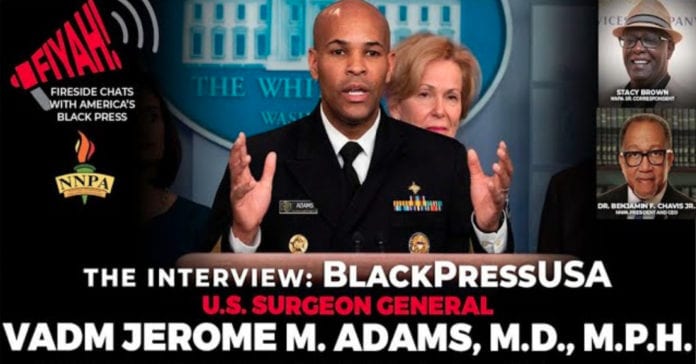

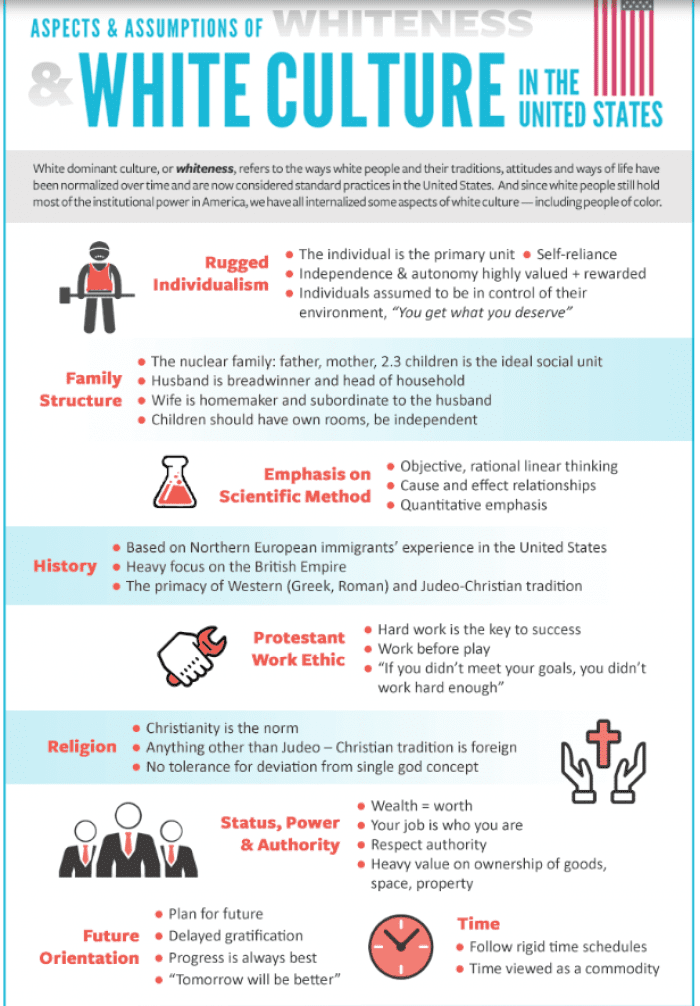 The chart, entitled “Aspects and Assumptions of Whiteness and White Culture in the United States” identifies different aspects of American life — holidays, the justice system, communication, history — that have been shaped by white-dominant thought and values.
The chart, entitled “Aspects and Assumptions of Whiteness and White Culture in the United States” identifies different aspects of American life — holidays, the justice system, communication, history — that have been shaped by white-dominant thought and values.